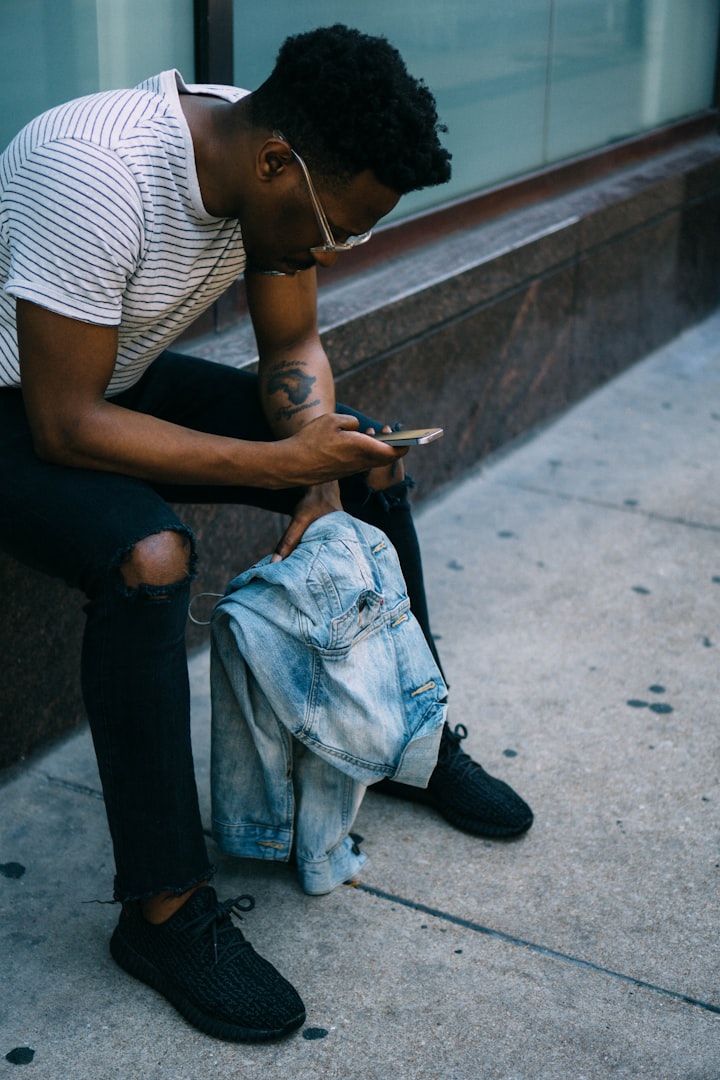impact of social media on youth
on youth

The impact of social media on youth is a topic of considerable importance and concern in today's digital age. With the proliferation of platforms like Instagram, Snapchat, TikTok, and Twitter, young people are more connected than ever before, shaping and being shaped by the digital landscape in profound ways. In this exploration, we'll delve into the various dimensions of social media's influence on youth, examining both its positive and negative effects.
One of the most significant impacts of social media on youth is its role in shaping social interactions and relationships. Platforms like Instagram and Snapchat provide young people with a space to connect with friends, share updates, and express themselves creatively. Social media has become an integral part of adolescent socialization, with many young people spending hours each day scrolling through their feeds, chatting with friends, and engaging with content.
Social media also plays a central role in the formation and maintenance of friendships and romantic relationships among youth. Platforms like Facebook and Instagram allow young people to stay connected with friends from school, camp, or other activities, regardless of geographical distance. Moreover, social media has facilitated the emergence of online communities based on shared interests, hobbies, and identities, providing young people with a sense of belonging and acceptance.
However, the reliance on social media for social interaction can have negative consequences for youth mental health and well-being. The curated nature of social media feeds often leads to social comparison, as young people compare their lives to the idealized versions presented by others. This can create feelings of inadequacy, jealousy, and low self-esteem, particularly among adolescents who are more susceptible to peer influence.
Moreover, social media can exacerbate feelings of loneliness and isolation, as young people spend increasing amounts of time interacting with screens rather than face-to-face with peers. The constant exposure to carefully crafted images and lifestyles can distort perceptions of reality, leading to unrealistic expectations and dissatisfaction with one's own life. Studies have shown a correlation between heavy social media use and poor mental health outcomes, including increased rates of anxiety, depression, and suicide among youth.
Another significant impact of social media on youth is its influence on identity formation and self-expression. Platforms like Instagram and TikTok provide young people with a space to explore and experiment with different aspects of their identity, from fashion and music to politics and activism. Social media allows young people to connect with like-minded individuals and express themselves creatively through photos, videos, and written posts.
However, the pressure to curate a perfect online persona can lead to identity confusion and authenticity issues among youth. Many young people feel the need to present themselves in a certain way on social media, conforming to societal standards of beauty, success, and popularity. This can result in feelings of inauthenticity and disconnection from one's true self, as young people strive to live up to unrealistic expectations set by social media influencers and celebrities.
Moreover, social media can exacerbate existing identity-based inequalities and discrimination, particularly for marginalized youth. Cyberbullying and online harassment are pervasive issues on platforms like Twitter and Snapchat, where young people are often targeted based on their race, gender, sexual orientation, or disability. The anonymity and lack of accountability afforded by social media can embolden perpetrators to engage in harmful behavior, leading to lasting psychological and emotional harm for victims.
In addition to its impact on mental health and identity formation, social media also plays a significant role in shaping youth attitudes and behaviors. Platforms like TikTok and YouTube are influential channels for cultural and political expression, where young people can engage with a wide range of content on topics ranging from fashion and beauty to social justice and environmental activism. Social media allows young people to amplify their voices and advocate for causes they care about, from climate change to racial equality.
However, the proliferation of misinformation and fake news on social media platforms can distort youth perceptions of reality and influence their beliefs and behaviors. Young people are particularly vulnerable to online manipulation and propaganda, as they may lack the critical thinking skills necessary to discern fact from fiction. Moreover, the echo chambers and filter bubbles created by algorithmic curation can reinforce existing biases and polarize youth attitudes, leading to the fragmentation of public opinion and the erosion of consensus.
Furthermore, social media can have a profound impact on youth academic performance and productivity. The constant distractions and interruptions inherent in social media platforms can make it difficult for young people to focus on schoolwork and other responsibilities. The pressure to maintain a strong online presence and keep up with the latest trends can lead to procrastination and time-wasting behaviors, ultimately hindering academic success.
In conclusion, the impact of social media on youth is far-reaching and complex, with both positive and negative consequences. While social media provides young people with opportunities for social connection, self-expression, and activism, it also poses significant risks to their mental health, identity development, and academic performance. As we navigate the increasingly digital landscape of the 21st century, it is essential to critically examine the role of social media in shaping youth experiences and to strive for a more ethical and responsible use of these powerful platforms. By promoting digital literacy, fostering empathy and compassion, and creating safe and inclusive online spaces, we can help young people harness the potential of social media for positive social change and personal growth.
About the Creator
WILLIAM DIAGO RODRIGUES
Hi! Everyone out there I am a Online Enterpreneur love to create, write and ellaborate different niches and write different Articles to entertain and help to give and spread the knowledge which i can incalcate through different search Engin
Reader insights
Outstanding
Excellent work. Looking forward to reading more!
Top insights
Expert insights and opinions
Arguments were carefully researched and presented
Eye opening
Niche topic & fresh perspectives
Heartfelt and relatable
The story invoked strong personal emotions






Comments (1)
Wow this is so amazing job